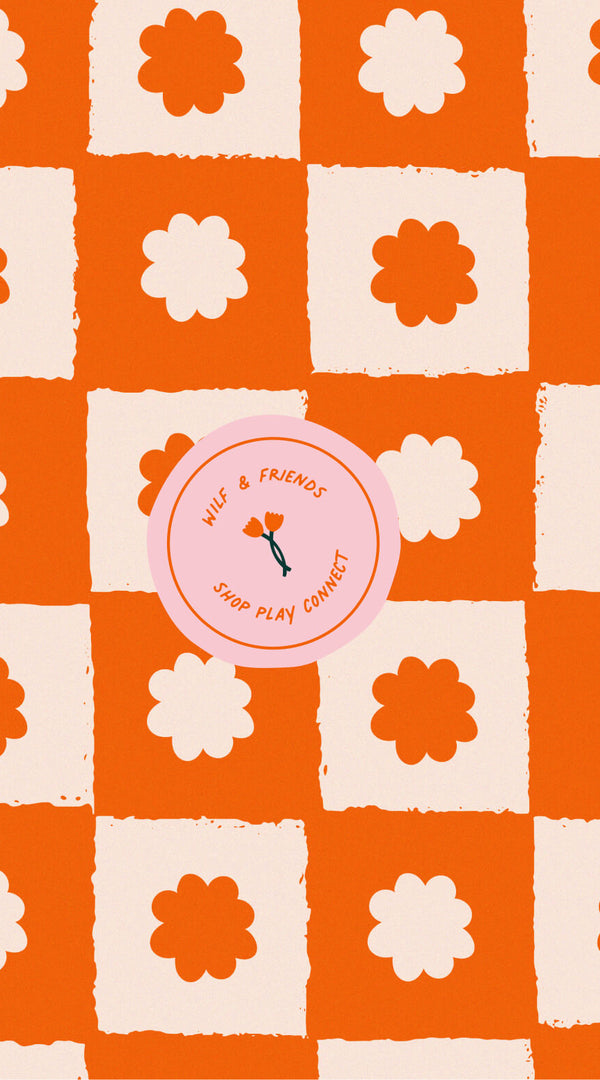As parents, we often navigate through a sea of toys, each claiming to boost our child's growth in its own special way. Among these, dolls have remained timeless favorites, offering a range of developmental benefits. In this blog, we’ll explore the transformative impact of doll play and the essential skills it helps cultivate in children.
Cultivating Empathy and Emotional Awareness
Doll play provides children with a safe environment to explore and understand emotions. When they engage in pretend play—feeding, comforting, or putting their dolls to bed—they begin to develop empathy and emotional awareness. These early interactions set the stage for positive social relationships in the future.
Boosting Language and Communication Skills
When children converse with their dolls, they’re not just playing—they’re building language skills. This pretend dialogue helps them practice expressing their thoughts, articulating emotions, and refining their communication abilities. The conversations they create with their doll companions enhance their verbal skills in a fun and engaging way.
Enhancing Motor Skills and Coordination
Activities like dressing dolls or arranging tiny accessories require a variety of fine motor skills. These tasks help improve hand-eye coordination, finger dexterity, and overall motor development. While enjoying these activities, children are also building the physical skills that will be crucial for more complex tasks as they grow.
Stimulating Creativity and Imagination
Doll play is a gateway to endless creativity. Children craft detailed storylines, invent characters, and build imaginative worlds through their play. This creative process stimulates the brain, enhancing problem-solving abilities, critical thinking, and imaginative thought—skills that are essential for their overall cognitive development.
Developing Social Skills
Doll play is a perfect avenue for learning social skills such as sharing, taking turns, and cooperating. Whether playing alone or with others, children navigate social interactions and begin to understand how to relate to others. Doll play offers a supportive environment for practicing these important social behaviors.
Instilling a Sense of Responsibility
Caring for a doll teaches children about responsibility. Whether they’re feeding, dressing, or comforting their dolls, they learn the importance of looking after others. This sense of responsibility can extend to caring for pets, siblings, and eventually taking on broader responsibilities in life.
In the world of child development, doll play stands out as a timeless and essential activity. As children care for their dolls, they’re also nurturing key life skills. From fostering empathy and emotional intelligence to enhancing language development and social understanding, the benefits of playing with dolls are profound and long-lasting. So, the next time you see your child lost in a world of make-believe with their dolls, remember—they’re not just playing; they’re learning, growing, and preparing for the future in ways that will shape who they become.
Our favourite:
Meet Evi (our favourite doll!) here. Her nappy can be removed, as can the reversible romper and cap. She can be fed and soothed with the bottle and dummy which both have magnets so they stay in place. Your little will love carrying 'their' baby round in the sturdy little Moses basket or tucking Evi in with the snuggly double-sided blanket. A great pick for an older or expectant sibling.



